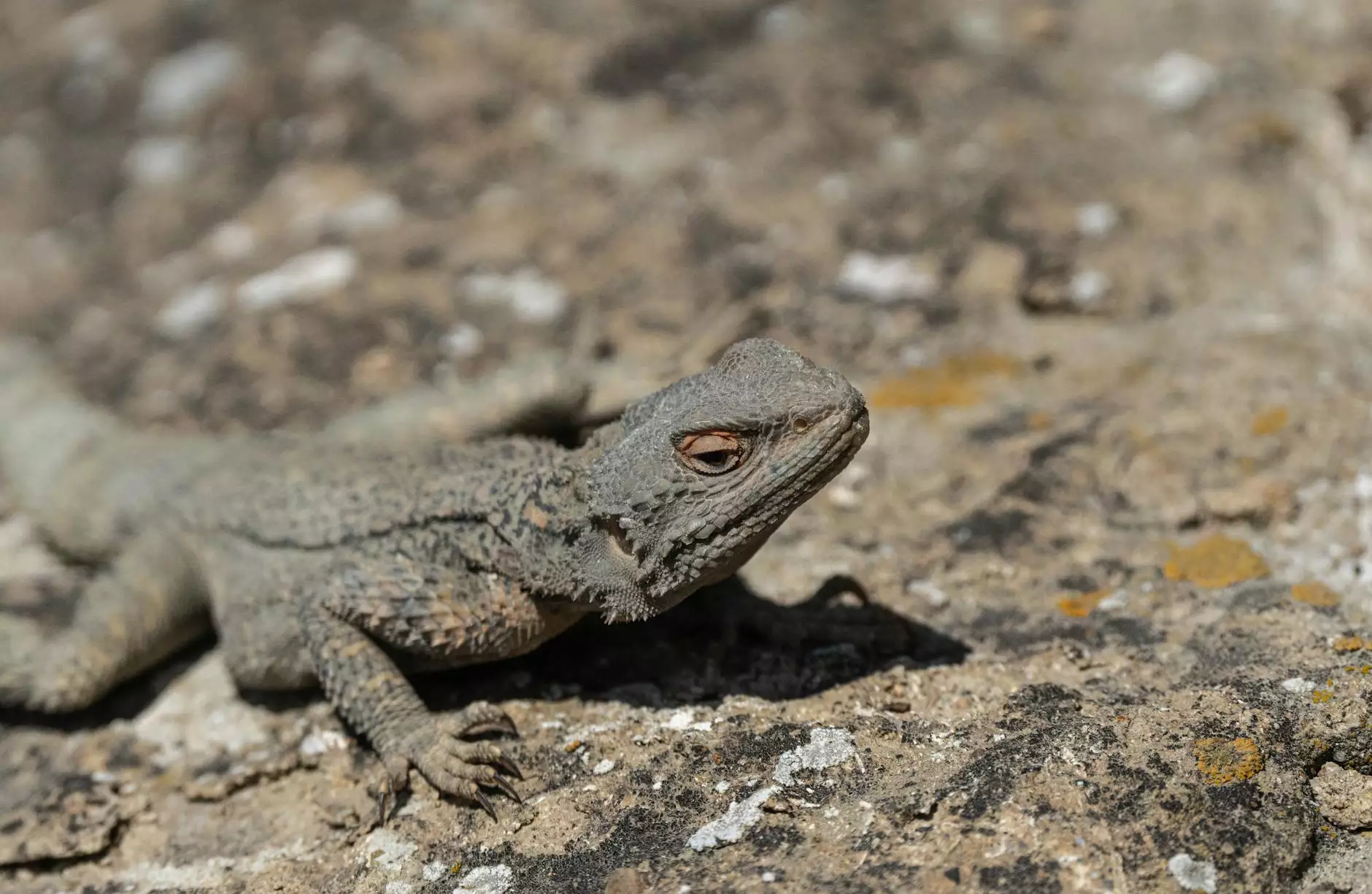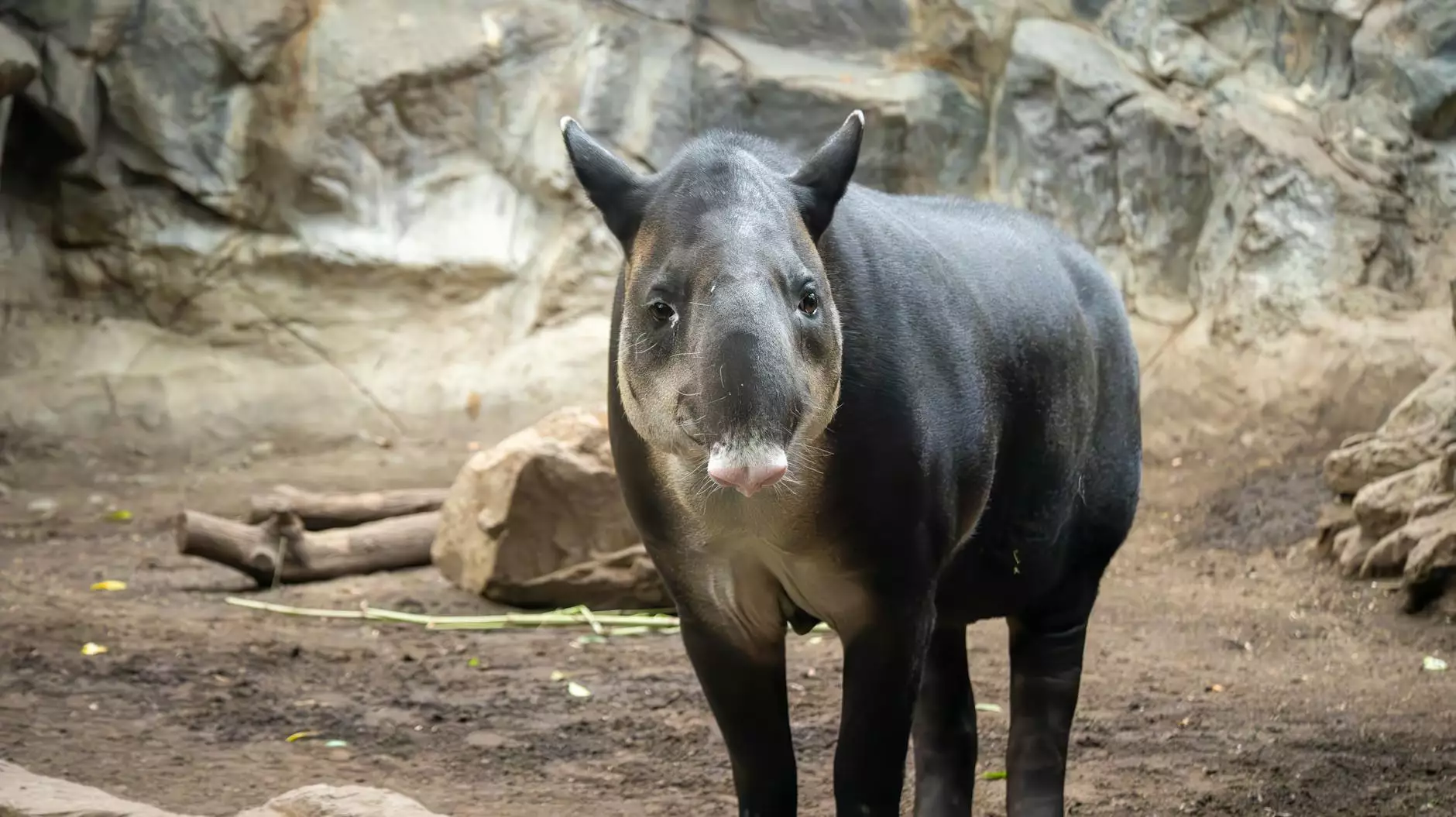The Ultimate Guide to Lizards as Pets

When it comes to selecting a pet, many people envision furry companions. However, lizards pets offer a unique experience, blending exotic beauty with fascinating behavior. For reptile enthusiasts and new pet owners alike, understanding the essentials of lizard companionship is critical. This article delves into the nuances of lizard care, pet adoption, breeding options, and where to find reputable reptile shops.
Why Choose a Lizard as a Pet?
Lizards make excellent pets for several reasons:
- Low Maintenance: Compared to traditional pets, lizards require less daily care.
- Unique Aesthetic: With vibrant colors and varied species, lizards add artistic flair to your home.
- Educational Opportunities: Keeping a lizard can be a gateway to learning more about reptiles and their natural habitats.
- Allergy-Friendly: Lizards are less likely to trigger allergies when compared to furry pets.
Popular Species of Lizards as Pets
Choosing the right species is crucial for a fulfilling relationship with your reptilian friend. Some popular lizard pets include:
1. Bearded Dragon
The Bearded Dragon is one of the most popular pets due to its friendly temperament and distinctive physical features. They are easy to handle and enjoy interacting with their owners.
2. Leopard Gecko
Leopard Geckos are known for their spotted appearance and are great for beginners. These nocturnal lizards have simple dietary needs and require basic habitat setups.
3. Crested Gecko
With their striking looks and gentle demeanor, Crested Geckos have become increasingly popular. They thrive in tropical environments and can adapt well to various habitats.
4. Green Iguana
Green Iguanas are majestic but require a larger habitat and specific care. They can live for over a decade and need a committed owner who will invest time and resources into their care.
Pet Adoption and Understanding Lizard Care
Once you've decided to welcome a lizard as a pet, proper care is essential to ensure a healthy life for your new companion.
Setting Up the Habitat
Creating an appropriate environment is the first step in lizard care. Lizard habitats should mimic their natural environments as closely as possible. Consider the following factors:
- Enclosure Size: The size of the enclosure should match the species of lizard you adopt.
- Temperature Control: Lizards are ectothermic; maintaining temperature gradients in their habitat is critical.
- Humidity Levels: Different species require different humidity levels, so research what your lizard needs.
- Substrate: Choose substrates that are safe and appropriate for the species.
- Hiding Places: Provide places for your lizard to hide and feel secure.
Feeding Your Lizard
Feeding varies significantly among lizard species. Here are some general guidelines:
- Omnivores: Species like Bearded Dragons enjoy a mix of vegetables and insects.
- Insectivores: Geckos typically consume insects like crickets and mealworms.
- Herbivores: Iguanas thrive on leafy greens and must avoid high-protein foods.
Regular Health Checks
Monitoring your lizard’s health is vital. Look for signs of illness, such as:
- Lethargy
- Changes in Appetite
- Abnormal Shedding
- Signs of Stress (e.g., excessive hiding, changes in behavior)
Finding Reputable Pet Breeders and Reptile Shops
When purchasing or adopting a lizard, it’s essential to find responsible breeders or reptile shops.
What to Look For in a Breeder
A reputable breeder should:
- Provide a clean and safe living environment for the reptiles.
- Offer transparent information about the lizard's diet and health history.
- Be knowledgeable about the species and care requirements.
- Allow you to visit the breeding facility, if possible.
Choosing a Reptile Shop
A quality reptile shop should offer:
- Expert Staff: Employees should be educated on the care of various reptiles.
- Healthy Animals: Look for signs of good health in the reptiles they sell.
- Variety of Supplies: Ensure they carry appropriate food, habitat materials, and accessories.
- After-Sale Support: Good shops offer guidance and support to new lizard owners.
Common Misconceptions About Lizard pets
Many myths surround keeping lizards as pets. Addressing these misconceptions can help prospective owners make informed decisions.
1. Lizards Are Not Affectionate
While lizards do not show affection like dogs or cats, many species recognize their owners and enjoy gentle handling.
2. Lizards Are Dirty Animals
With proper habitat maintenance and care, lizards are quite clean. Regular cleaning of their enclosure helps prevent odors and illness.
3. They Are Difficult to Care For
While some species require more specific care, many lizards are surprisingly easy to maintain and are suitable for beginners.
Conclusion: Embracing Lizards as Your Next Pet
Choosing to adopt a lizard as a pet can be a rewarding journey filled with learning and joy. By understanding their needs and the responsibilities involved, you can provide a fulfilling life for your new companion. Remember to explore resources like buyreptilesaus.com for reliable information on pet adoption, reputable breeders, and nearby reptile shops.









